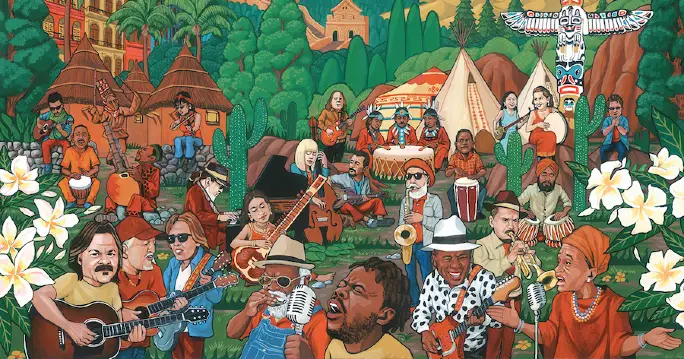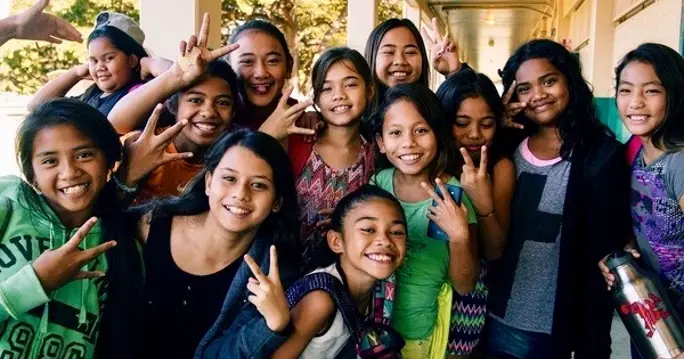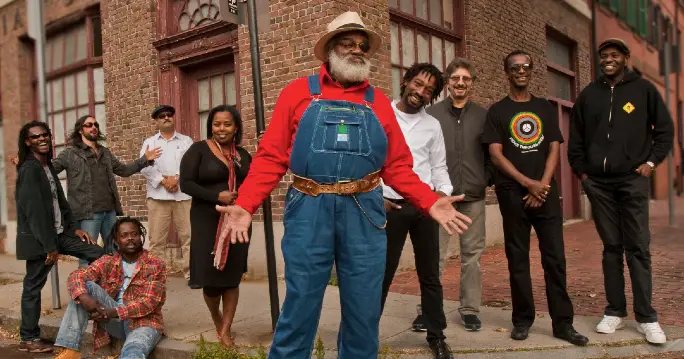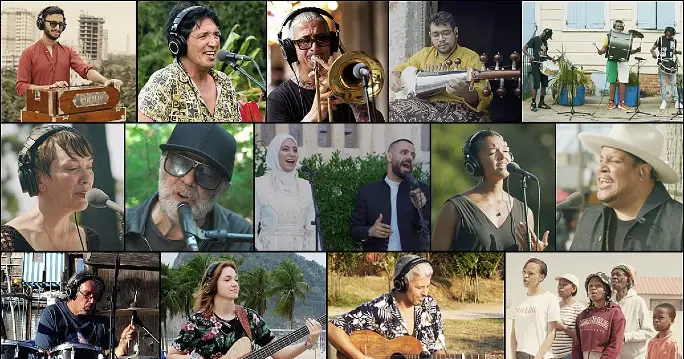Playing For Change: The Power of Music for Social Change
Music has long been a powerful medium for expressing emotions, telling stories, and bringing people together. The Playing For Change movement has harnessed this power to promote social change globally. Through the collaboration of street musicians from around the world, this initiative creates music that transcends boundaries and inspires unity. In this article, we will delve into the essence of Playing For Change, explore its impact, and understand how music can be a catalyst for social transformation.

Mark Johnson, a Grammy-winning producer, and Whitney Kroenke, a philanthropist and entrepreneur, envisioned a world where music could bridge divides and foster unity. They travelled the globe, recording musicians in their natural environments, capturing the raw essence of their performances.
Their first major success came with the recording of “Stand By Me,” featuring street musicians from various countries. The video went viral, amassing millions of views and highlighting the universal appeal of music.
How Playing For Change Promotes Social Change

Music transcends cultural and linguistic barriers. Playing For Change leverages this universal language to spread messages of peace, love, and social justice. Each song carries a story, a message that resonates with listeners worldwide.
Street musicians often face challenges such as lack of recognition and financial instability. Playing For Change provides them with a platform to showcase their talents to a global audience, empowering them both artistically and economically.
Playing For Change collaborates with renowned artists and organizations to amplify its reach. These partnerships include names like Bono, Keith Richards, and Manu Chao, bringing diverse musical styles and star power to the movement.
The Playing For Change Band, formed by musicians from different countries, tours the world, performing live and spreading the message of unity. Their concerts are a testament to the power of collective effort and musical harmony.
Music for Social Change

Music has always been intertwined with social movements. From civil rights anthems of the 1960s to contemporary protest songs, artists have used music to encourage change.
5 Of The Best:
- Stand By Me: This cover became an anthem for unity, showing how collaboration can create something truly magical.
- One Love: Featuring Bob Marley’s message of peace. This rendition brought together musicians from different cultures, emphasizing the power of love.
- Teach Your Children: Live from Adelaide, Australia featuring Tula Ber Ari, Roberto Luti and the Playing For Change Band. Helping us to move forward as a human race one heart and one song at a time.
- The Weight: Features a host of talent including: Marcus King, Ringo Star and Lukas Nelson. As they master the Canadian-American group the Band’s Massive hit “The Weight” through colourful vibrant videos.
- I’d Rather Go Blind: This soulful classic has been covered by numerous artists since its original release by Etta James. The Playing For Change Band version stands out, for its mission to promote social change through music.
Conclusion
Playing For Change exemplifies the transformative power of music. By bringing together street musicians from around the world, this movement not only creates beautiful music but also promotes social change and unity. The initiative demonstrates that, through collective effort and a shared passion for music, we can overcome barriers and make the world a better place.
